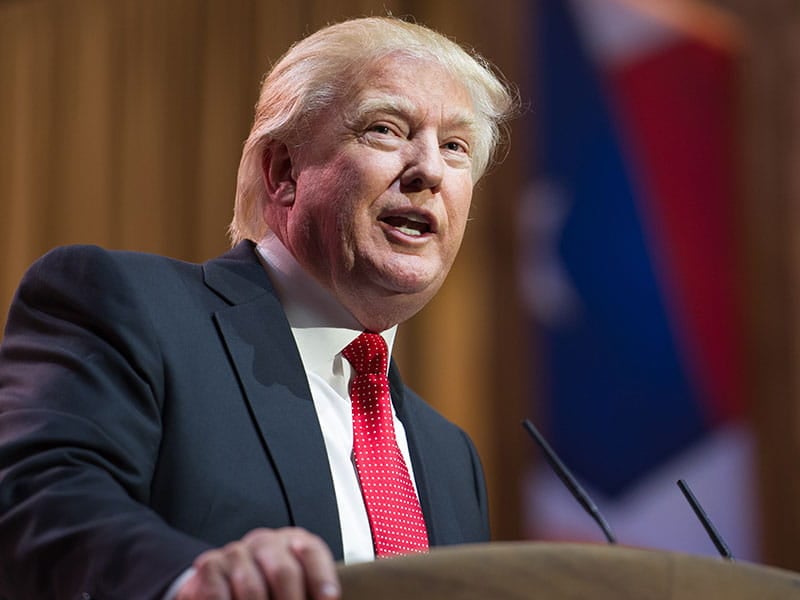The measure granting permanent normal trade relations (PNTR) is designed to open China's mammoth market to U.S. businesses and pave the way for China's entry into the World Trade Organization. It passed Tuesday by a lopsided 83-15 tally in the Senate, after winning approval in the House of Representatives by a wide margin after a bruising battle in May.
Clinton is expected to soon sign the bill into law.
The bill is considered the most important U.S. trade legislation since passage of the North American Free Trade Agreement in 1993.
"This is legislation that is good for America, that's good for our working people in America," said Senate Majority Leader Trent Lott, R-Miss., as voting began. "It will take a lot of vigilance to see that it is complied with, but it is the right thing to do."
Passage of the trade agreement faced a long campaign of opposition from labor, human rights, and religious organizations, and conservative groups who wanted to retain the annual review of trade relations with China. Critics contend that normalizing trade would reward a repressive communist regime and undercuts U.S. leverage over Beijing on issues such as human rights, religious freedom, and weapons proliferation.
Lott acknowledged that many senators had "legitimate concerns" about whether China would meet the terms of the agreement, "But I also believe that it would be a tremendous mistake to ignore the advantages of this trade legislation," he said.
The bill is expected to bring billions of dollars in new business to American companies and, supporters argued, help make China a more responsible and accountable member of the world community.
PNTR for China was opposed by labor, human rights, and some religious and conservative groups who said it was wrong to give up the annual review of China trade that since the 1989 crackdown on the Tiananmen student movement has given lawmakers a way to highlight China's weapons proliferation and religious and political persecution of its citizens.
Both major presidential candidates, Vice President Al Gore and Texas Gov. George W. Bush, support permanent trade.
"It represents the most significant opportunity that we have had to create positive change in China since the 1970s, when President Nixon first went there and later in the decade when President Carter normalized relations," Clinton said in a speech earlier this year.
The legislation was a consequence of a trade agreement between the United States and China last fall that opened the way for China's entry into the World Trade Organization. With WTO membership, China will make significant cuts in its tariffs while opening its markets to the products and investment of America and other countries. China must also abide by international rules in such areas as protecting intellectual property.
The PNTR legislation would go into effect when China joins the WTO, probably late this year or early next year. Currently, under a 1974 law, trade relations with communist states must be reviewed annually.
The United States, which already has open markets, made no new concessions as part of the agreement, but had to grant permanent trade status before it could share in China's market-opening measures.
Alex Jackson of the American Farm Bureau Federation said that with China's agriculture tariffs slated to be cut in half, American exports of farm products could increase by $2 billion a year.
There will be "unprecedented opportunities," said John Schachter of the Business Roundtable, with "the opening of the world's largest emerging marketplace to goods and services that largely have been kept out until now."
In addition to lower tariffs, under WTO rules China must also grant Americans and others the right to set up distribution points within the country, must open its financial and service sectors to foreign competitors, and must allow outside participation in its internet and telecommunications development.
Despite those benefits, Sen. Jim Bunning, R-Ky., warned Monday that it was a "dangerous mistake" for Congress to give away its voice on trade relations when China's security threats and human rights and religious freedom abuses are getting worse.
"We are putting profits over people," he said. "It's plain wrong and it's un-American."
The House passed the PNTR bill last May by 237-197, and the only real suspense during two weeks of debate on the Senate floor was whether backers could keep opponents from attaching crippling amendments on subjects ranging from proliferation to religious freedom and human rights abuses. The concern was that the House wouldn't have time to act on any Senate changes before Congress adjourns next month.

